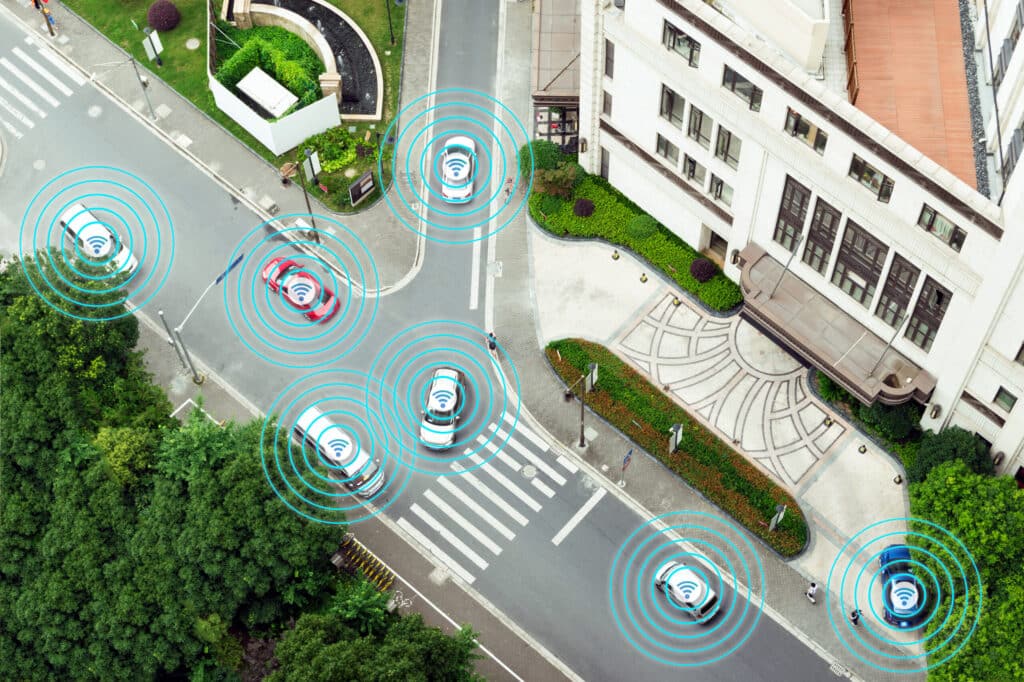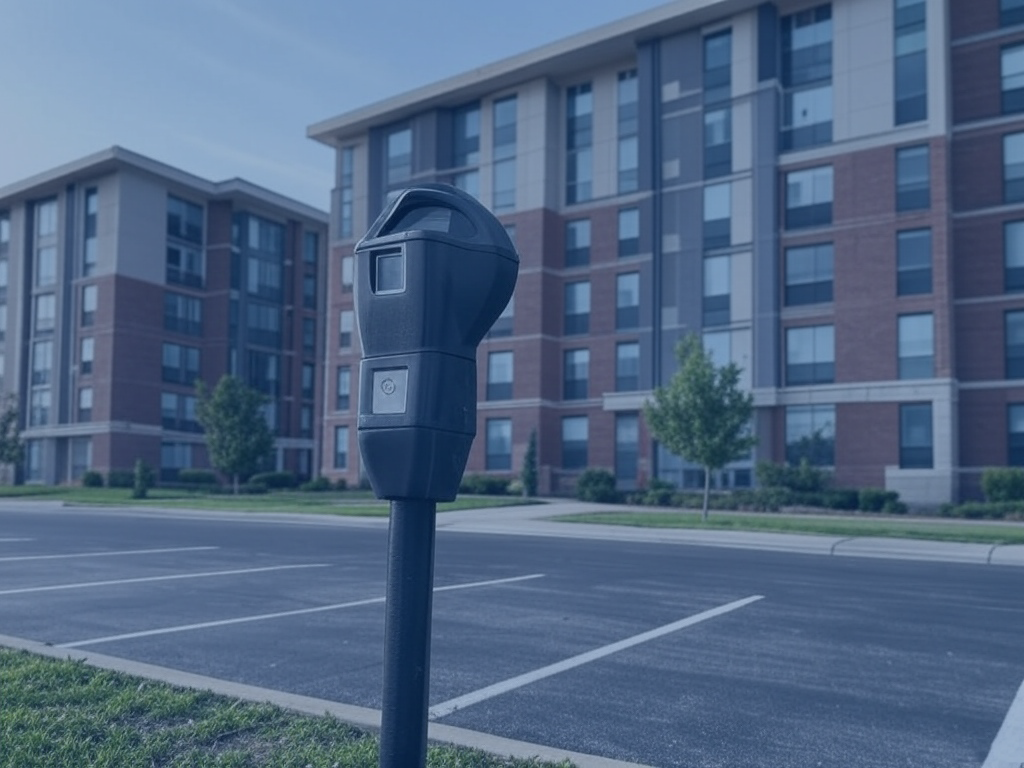The traffic density on roads has increased exponentially and is expected to increase further. There are an estimated 1.2 billion cars in the world today, and this number is expected to reach 2 Billion by 2030. These exponential figures raise a couple of concerns in the world for the growing need for parking space. And parking management softwares can certainly resolve these issues along with traffic problems.
Let’s see how!
There is a lack of space to park the cars, which increases the traffic, resulting in higher carbon emissions. Which makes the need for a streamlined parking management system more crucial for every city.
Table of Contents
ToggleParking Management Trends
Parking management & hybrid work culture
Today the global workplace has become more mobile, and more people are working from home, in coffee shops, or any other location. This creates a new work culture called the hybrid work culture, where the traditional workplace is intermixed with flexible working. To manage this, adopt parking management software with more data points to support remote as well as in the office.
“A more complicated model of the parking management system has to be created to enable them to work less predictable patterns from the office.”
Reduced carbon footprint by increasing traffic flow
The way we drive and park impacts our environment and carbon footprint. An increase in traffic can lead to an increase in carbon emission, but you can reduce your carbon footprint drastically with increased traffic flow. Suppose you have the right automated parking management system in place in your garage or parking lot. In that case, you can make sure that your vehicles get into spaces faster without wasting time looking for a space and thereby reduce carbon emissions.
The new traffic regulations such as parking violations being enforced and other adjustments made to existing policies can pave the way to a greener tomorrow, thereby reducing carbon emissions and making citizens’ lives easier.
Opportunities to reduce C02 emissions by 2030
In McKinsey’s roads towards a low carbon future, they point out some opportunities are still available with the right initiatives.
It states:
“The annual carbon emissions from vehicles could be reduced by 2.2 Gt in 2030 (in a scenario involving a variety of propulsion technologies and other measures). The annual incremental investment in 2030 for enhanced vehicle content to improve fuel efficiency across all regions and all propulsion systems – would exceed €170 billion (=$230 billion), averaging €1,890 (=$2,550) per vehicle on the road.”
It also highlights that focusing solely on the combustion engine and traffic flow would be the most cost-effective and ecological. Using these measures, global vehicle emissions can be brought down to 11-16% or even halted(if implemented effectively).
Here are a few other opportunities highlighted in the report:
Emerging political support for more ambitious targets, for example, countries such as the UK, France, Norway, and Sweden adopting laws to reach net-zero emissions by 2030
All countries are setting up targets to reduce their emissions by adopting new processes and practices.
UK, France, Norway, and Sweden have set up an unbelievable goal of reaching net-zero emissions by 2030. To achieve their core plan is toward green fuel initiative among other sub plans.
To achieve this, the High Council for the Climate advised them to triple the pace of emission reductions for France to meet the emission neutrality goal.
Tumbling costs and rapid innovation of low-emissions technology including battery storage and electric vehicles make a very rapid transformation almost inevitable
Another opportunity to reduce carbon footprint is through the adoption of an electric vehicle. Stanford Earth reports advice 36 solutions – ranging from technologies for managing to park and increasing traffic flow, solar and wind to electric bikes, commercial shipping, and reduced red meat consumption.
But the biggest roadblock from the below figure, as we can see, is the 23 people who are not concerned about the environmental change and people(51%) who are aware but do not wish to bring these slight changes in their lifestyle and regulations.
Source : 2008 March McKinsey Consumer Survey
Roadmap to reduce greenhouse emissions by 2020 – Deloitte
The report again magnifies the need for urgent changes in business, government, organization, and individual’s role in the carbon footprint. Spurred by the sudden climate crises, many organizations and companies have moved climate change on their agenda and have already started adopting processes and technologies to minimize carbon emission and reach the goal of net-zero emission.
Park up to 40% more cars in the same amount of space
Boost parking capacity by up to 40% by distributing empty spaces to employees that need them most.
Learn moreConclusion
Parking is a critical component of the urban ecosystem, and automated parking enforcement is necessary and crucial for us to reduce our carbon footprint to make urban living more viable. This blog had hoped to shed some light on the topic and show you why you should be interested in Parking management software.












